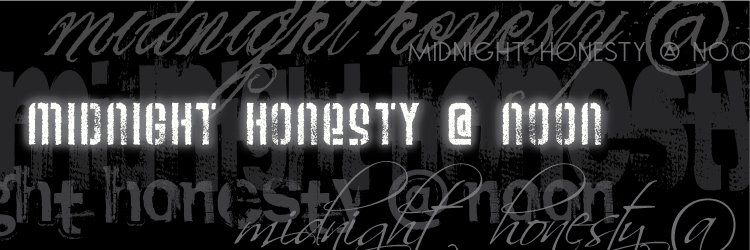Old Wine, new wineskins
Isaac Butler Asks:
I am a dedicated reader, viewer and director of new plays. And therefore when I talk about New Plays (by which here I mean new scripts by living writers) I tend to assume that new plays have intrinsic value. But if I take away that assumption, I'm left with some questions: Why new plays? Why do new plays have intrinsic value? Or what value do they have? Why should we bother doing new plays? Or dedicating theaters to the artistic mission of bringing them to life? What is different (and differently valuable and important) about new plays as opposed to revisiting or reinterpreting or whatever existing texts?
I want to explore those questions a bit (and any related/better ones we can come up with) in an effort to help articulate what it is that is so exciting and vital about doing this work. Vital beyond and on top of the quality of an individual script itself. Because I believe there's something there, I think we'd all be well served by exploring what that something is and being able to articulate it.
Anyone wanna try?
Why yes Isaac, I would like to try.
Why new plays? Because every voice that is saying something is speaking with the authority of all of their predecessors. Every time you simply remount a text-faithful reproduction of any play you are removing a layer from the accumulated layers of wisdom.
Will every artist and every play add (positively) to the discourse, or to the collected cultural wisdom? No, of course not. Not any more than any given baseball game will have something interesting happen in it. But we play them (or produce them) because they might.
It is worthy to produce Hamlet, or Angels in America, we know what they are going to do for theatre, and for an audience, and those are positive things. But if you commit to doing 1001 Nights it's first time out? The audience experiences something it never has, the artists approach the material without generations worth of expectations and viewed interpretations, and other creators receive a new way to view the work that they are creating. And that is more positive.
And even in the worst case, even for those scripts, performances, and productions that fall flat, there is almost always something in them. Whether it's a moment, or a technical trick, or a performer. Maybe it's something as simple as breaking through to a handful of audience members, convincing them that they can see something other than Jesus Christ Superstar and whatever 'B' tour is coming through town (I do live in Austin afterall).
This rambled more than I thought it would when I started, but let me bring it home like this: I work in an office full of people who couldn't care less about live theatre. It barely exists as an entity on their radar screen. Most of the office has been to see one of my last two productions (Intermission and Elektra). Neither of them were the Odd Couple exactly, Elektra a blend of Greek plays and modern dance, and Intermission incorporating a full live band as a set piece (thanks Jason Craig)... but they went because I hectored them into it, and they found that they enjoyed it.
The state of theatre coverage in this town being borderline they have no way to plug into further small theatre, I remain their only conduit, but they're interested. If it were simply a remount they would consider my work community theatre, the only vocabulary they have for it. But because it's new, because it was created here, they have a different kind of respect for it, and a different kind of kinship with it.
And that's how you keep theatre alive, and keep it from being a museum piece. If your audience has as much ownership of your pieces and your artform as you do. That's never going to happen with Hamlet.







